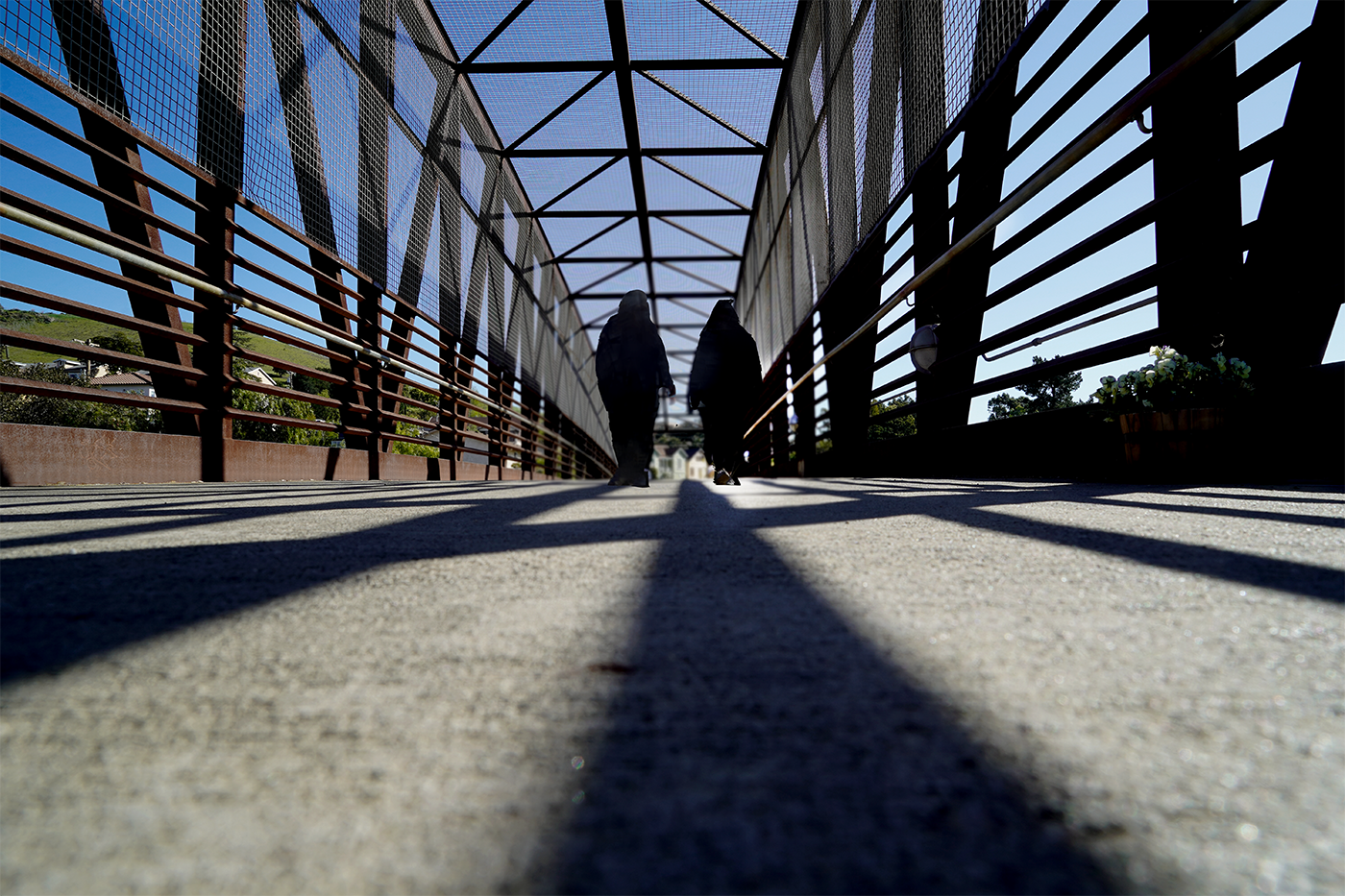In April 1999, two missing college aged women were found buried in San Luis Obispo County. They were killed four months apart, murdered by the same man.
Rex Allen Krebs was found guilty of the abduction, rape and murder of Cal Poly student Rachel Newhouse and Cuesta College student Aundria Crawford. In 2001, he was sentenced to the death penalty according to court documents.
More than 20 years later, on Dec. 26, the Supreme Court denied Krebs’ automatic appeal and upheld the court’s initial ruling. According to the California Legislature, an appeal by any person sentenced to the death penalty is automatically taken to the State Supreme Court.
What happened 20 years ago?
“You could cut the tension with a knife in the area of San Luis Obispo,” Parole Officer David Zaragoza said. “It was really very weird for a community that everybody thought was so so safe.
Within the course of three years, three college students — Kristin Smart, Rachel Newhouse and Aundria Crawford — had been abducted.

Kristin Smart, a Cal Poly freshman went missing in 1996 and her body was never found. Krebs was ruled out as a suspect of her abduction because he was in prison at the time of her disappearance, according to court documents.
Krebs had been sentenced to 20 years in prison in 1987 for rape, sodomy, assault to commit rape, residential burglary, and felony grand theft, but he was released on parole 10 years into his sentence.
“Mr. Krebs surrendered his right to live when he senselessly raped and murdered these two young women and the People of California have continuously affirmed their support for the death penalty.”
A year after his release, Krebs abducted, raped and murdered Cal Poly student Rachel Newhouse.
Newhouse was walking home from Tortilla Flats, a bar and restaurant that was located on the corner of Nipomo and Higuera Street, on Nov. 12, 1998. Krebs parked his car near the Jennifer Street Bridge, waiting for when she walked across to attack, according to court documents.
Newhouse’s blood was found on the bridge, between the restaurant and her home, about an hour after she went missing. However, the case went unsolved until Krebs kidnapped Aundria Crawford, a Cuesta College student.
According to court documents, Krebs broke into Crawford’s home March 11, 1999 through a small bathroom window and abducted her. He killed her days later.
Officer David Zaragoza, Krebs’ parole officer, read about the crimes in The San Luis Obispo Tribune and thought Krebs may be a person of interest. Zaragoza said in 1987, Krebs had broken into a survivor’s home through a bathroom window.
“I started thinking about parolees in the county that might fit that M.O. I came up with about three parolees, three sex offenders in the county that had similar M.O.s, but the one that was really similar was Krebs,” Zaragoza said.
Zaragoza conducted a site visit to Krebs’ home the next day, where he said he was met by Krebs wearing a back brace. Krebs told him he had fallen on a pile of wood, but Zaragoza said the injury was not consistent with his story.
Following the visit, Zaragoza immediately notified the police of his suspicion.
Zaragoza said he returned for a parole search where he found an 8-ball key chain, which fit the description of a missing key chain that had belonged to Crawford.
“The dominoes started falling from the time I read that article to the time I actually found the 8-ball,” Zaragoza said.
Zaragoza said he felt that the 8-ball key chain was enough evidence that Krebs was involved in her murder, and if nothing else, Krebs had violated his parole by having a BB gun and pellets. Zaragoza arrested Krebs at his work and he was transported to the San Luis Obispo County Jail.
“People were kind of hesitant to jump on board with that and they want to make sure, and I understand that,” Zaragoza said. “But me, having memorized all of his cases, felt that he was a very good suspect.”
On April 22, while in jail for violating his parole, Krebs confessed to the kidnappings, sexual assaults and murders of Newhouse and Crawford, according to court documents.
The victims bodies were found buried in the defendant’s yard, located in a rural area near See Canyon, according to District Attorney Dan Dow.
Krebs was found guilty of several counts of rape, sodomy, kidnapping, burglary and first-degree murder in 2001. The decision was upheld in 2019 and Krebs will remain on death row at San Quentin State Prison, but it does not necessarily mean he will face the death penalty.
Why Krebs might not face the death penalty
Although the Supreme Court upheld the sentencing, there is currently a hold on death penalties in California.
Gov. Gavin Newsom signed an executive order in March 2019 placing a moratorium, or a temporary postponement, on the death penalty and calling for the immediate closure of the San Quentin State Prison execution chamber.
“The intentional killing of another person is wrong and as Governor, I will not oversee the execution of any individual,” Newsom said in a March news release.
As of March, according to the state release, there were 737 people on death row in California — Krebs being one of them.
Despite the moratorium, Dow said the governor should allow for the jury-imposed sentencing.
“Mr. Krebs surrendered his right to live when he senselessly raped and murdered these two young women and the People of California have continuously affirmed their support for the death penalty,” Dow said in a DA news release.
Stephanie Zappelli contributed to this story.

